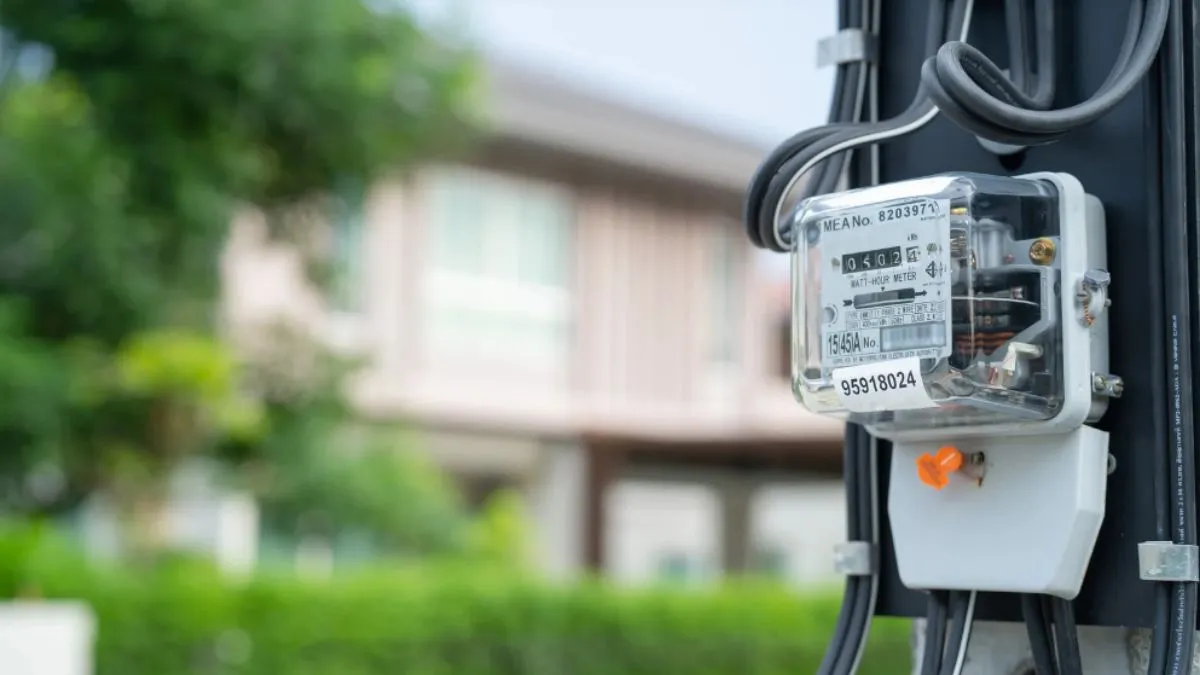- By Kamakshi Bishnoi
- Tue, 20 May 2025 11:49 AM (IST)
- Source:JND
After nearly six years of stable tariffs, consumers in Uttar Pradesh may soon face a significant increase in electricity rates. Power companies in the state have reported a revenue deficit of Rs 19,600 crore under the current tariff structure and have proposed a record 30 per cent hike to the Uttar Pradesh Electricity Regulatory Commission (UPERC) to offset these losses.
The fresh Annual Revenue Requirement (ARR) proposal was filed on Monday, reflecting actual income and expenditure based on a collection efficiency of 88 per cent in the previous financial year (2024-25), rather than the earlier assumption of full bill recovery. This adjustment has led to a steep rise in the estimated deficit compared to last year’s ARR, which showed a shortfall of Rs 9,206 crore.
The commission had earlier accepted an ARR proposal totaling Rs 1,13,923 crore for the financial year 2025-26 but granted the power companies a week’s extension to submit revised data before commencing the tariff fixation process. The new ARR indicates that despite state government subsidies, the deficit is likely to reach nearly Rs 25,000 crore.
READ MORE: Bengaluru School Holiday: Will Schools Be Closed Amid IMD’s Heavy Rain Alert | Check Here
Electricity tariffs in UP have remained unchanged since a rate hike of 11.69 per cent in 2019, following the Lok Sabha elections. Despite prior shortfalls, the regulatory commission had maintained a freeze on tariff increases for five consecutive years, resulting in a consumer surplus of Rs 1,944.72 crore in the last fiscal year.
However, the proposed 30 per cent hike has faced public objections. On Monday, a petitioner named Verma challenged the power companies’ figures before the commission, arguing that calculating revenue gaps based on collection efficiency violates the Multi Year Tariff Regulation 2025 and is unconstitutional.
The Uttar Pradesh Electricity Regulatory Commission is now expected to evaluate the ARR filings and public objections before determining the revised electricity tariffs, a decision that will directly impact consumers across the state.

